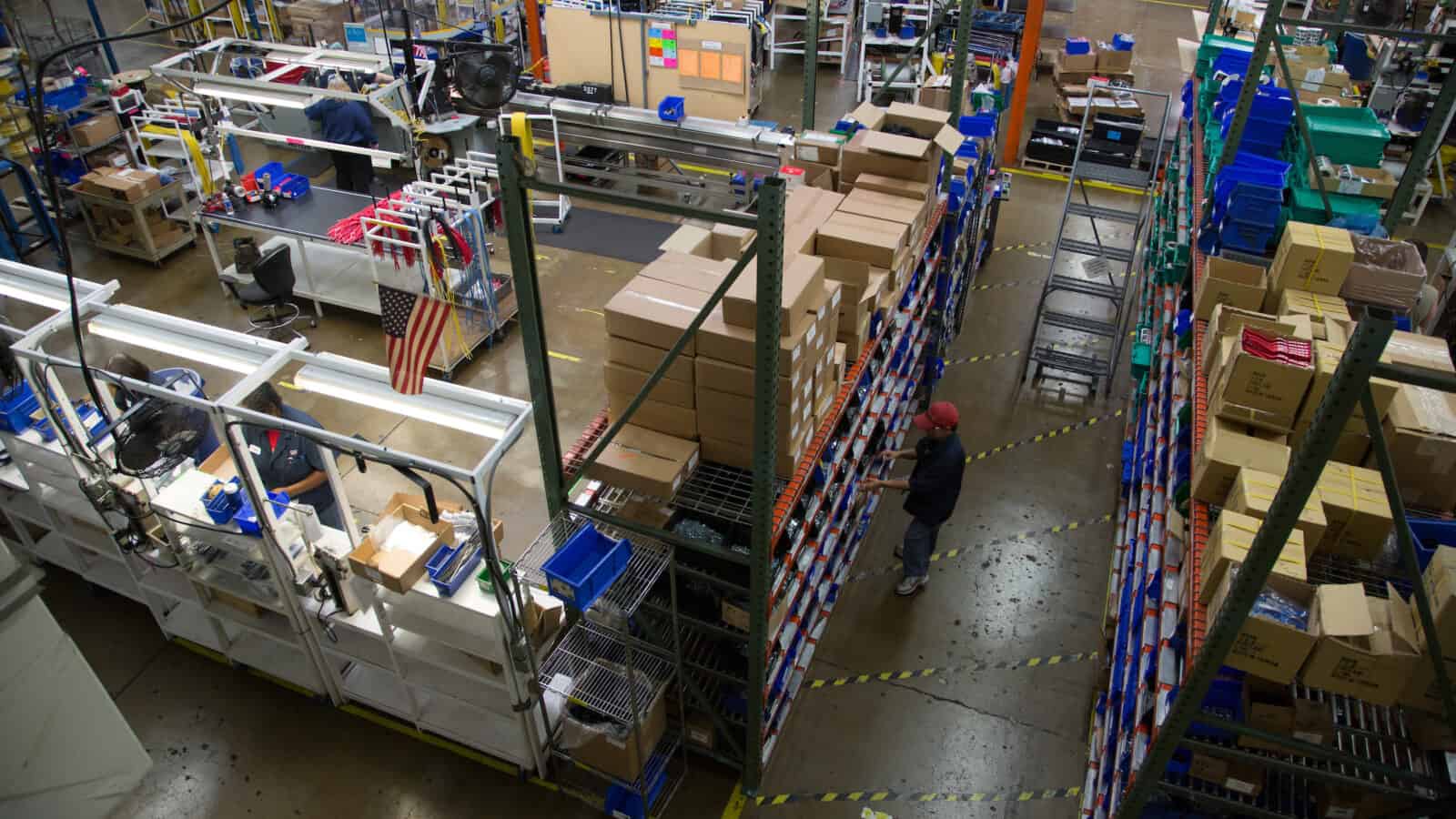New Manufacturing Institute Study: How Firms would Invest a Marginal Dollar with their Company
Washington, D.C. – The Manufacturing Institute, the workforce development and education affiliate of the National Association of Manufacturers, in partnership with Cognizant, released a study that examined the different approaches manufacturers take in making investment decisions.
“As manufacturers continue to evolve, the nature of work and skills must adapt to meet the needs of the changing industry. Manufacturing leaders must prioritize investments to best position their companies in a competitive marketplace and set themselves up for success over the long term,” said NAM Chief Economic and Director for the Center of Manufacturing Research Chad Moutray. “Three investment priorities emerged across manufacturer size and industry: increasing throughput and lowering costs where possible, creating new opportunities for growth, and building a stronger, more resilient workforce. Nearly all the companies we interviewed emphasized the importance of investing in their workforce.”
The study consisted of an online survey and in-depth interviews of manufacturing leaders from June to August 2023.
The following are highlights of the report:
- When asked about their top priorities for current dollars, nearly 74% of manufacturers reported building a robust and trained workforce as a key area for investment, which fits in with the larger macroeconomic conditions of the tight labor market and shortage of available workers.
- When business leaders were asked how they would spend a marginal $1 million, 61.5% would invest in new equipment. These findings point toward a desire to make smart investments that will transform operations and the production process, while also ensuring that the workforce can adapt to such changes.
- Additional areas of focus for marginal dollar investment included investing in improved processes and operations (60.2%), optimizing existing equipment (53.4%), investing in new equipment (51.7%), investing in new technologies (46.6%) and research and development (44.9%).
- When considering their future growth strategies, manufacturers identified a stronger domestic economy for growing sales (69.5%), increased efficiencies in the production process (67.8%) and maintaining a robust and trained workforce (67.0%) as the most significant factors in contributing to expansion.
Key Takeaway:
From survey data and interviews, three investment priorities emerged across manufacturer size and industry:
- Increasing throughput and lowering costs where possible
- Creating new opportunities for growth
- Building a stronger, more resilient workforce
-The MI-
The Manufacturing Institute builds a resilient manufacturing workforce prepared for the challenges and opportunities of the future. Through implementing groundbreaking programs, convening industry leaders and conducting innovative research, the MI furthers individual opportunity, community prosperity and a more competitive manufacturing industry. As the 501(c)3 nonprofit workforce development and education affiliate of the National Association of Manufacturers, the MI is a trusted adviser to manufacturers, equipping them with solutions to address the toughest workforce issues.
733 10th St. NW, Suite 700 • Washington, DC 20001 • (202) 637-3000
